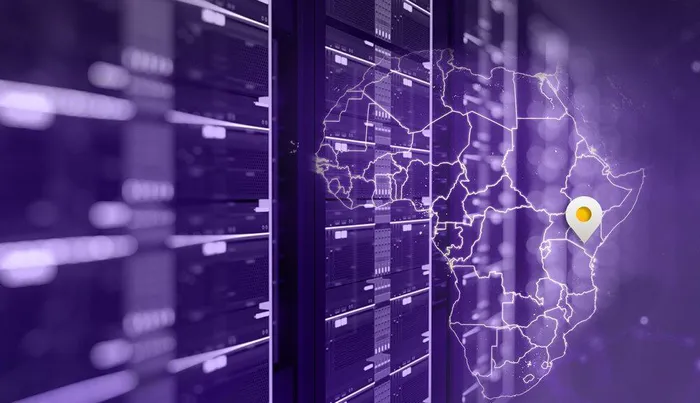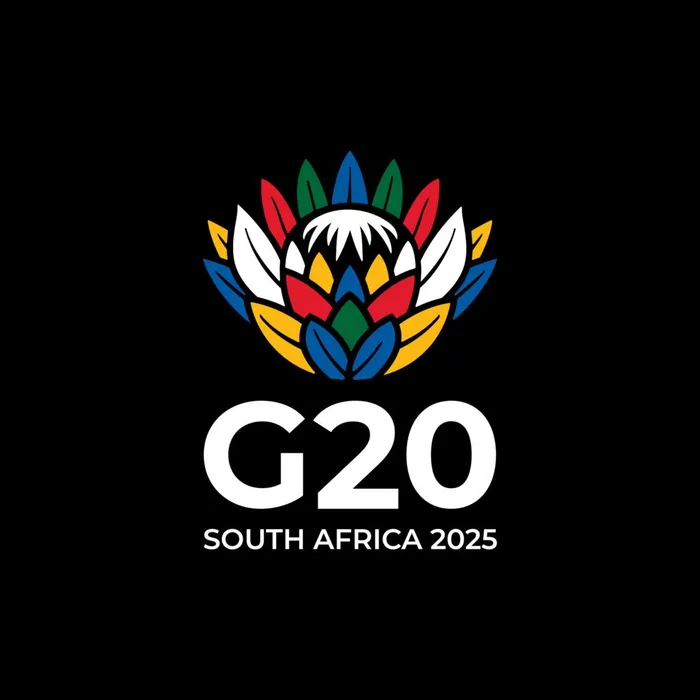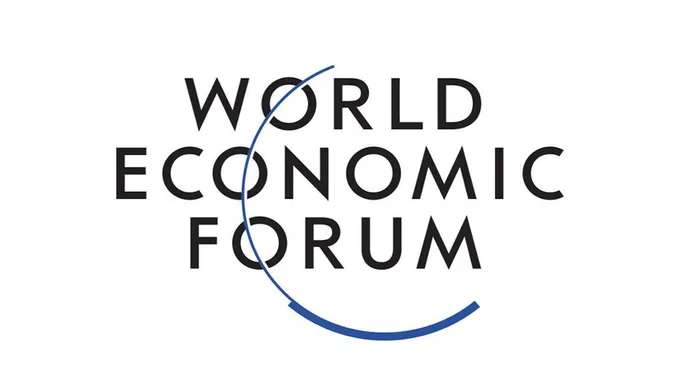South Africa sets its ambitious G20 agenda for digital public infrastructure and AI
OPINION

Cassava Technologies and Nvidia recently announced a landmark partnership on AI infrastructure for Africa, furthering the agenda of shifting industrial value chains for long-term development with the private sector and start-ups.
Image: Supplied
Digital technologies hold immense potential for economies’ long-term development. South Africa, through its G20 Presidency, is seizing this transformative opportunity to prioritise digital public infrastructure (DPI) and artificial intelligence (AI), both critical enablers of digital transformation, on this year’s G20 digital agenda.
Building on declarations from the past two G20 presidencies, South Africa is now advancing discussions on how to measure the dynamic societal and economic value of DPI. This recognises that the potential benefits of DPI for people and the planet will not come about automatically - yielding them depends on how countries design and implement DPI.
On the AI front, following the announcement by South Africa’s President Cyril Ramaphosa on establishing the G20 Task Force on Artificial Intelligence, the G20 Presidency particularly seeks to further Africa's strategic priorities on AI. This requires investments and partnerships to strengthen AI foundations across the continent through regional and country leadership, with the AI Hub for Sustainable Development focused on private sector growth.
Unlocking the societal and economic value of DPI
Discussions on DPI are central to South Africa’s G20 Digital Economy Working Group. A critical question posed is: How can we measure the value of DPI beyond traditional cost-benefit analyses, focusing on its role in unlocking long-term development for economies and societies?

G20
Image: Supplied
To answer this question, it's worthwhile considering the following aspects:
Regional diversity
Analyses from data collected by the DPI Map indicate stark differences across regions. In Asia, Europe and Latin America, DPI is leading transformation across sectors, such as education and health. Meanwhile, in Africa and the Caribbean, countries planning or piloting DPI face significant challenges, such as governance gaps, that limit DPI’s potential impact. A key barrier is the underutilisation of digital ID and authentication for electronic Know Your Customer (eKYC) at scale in these regions, where weak adoption of DPI hinders benefits to people and governments.
Africa’s momentum
In Africa, various mechanisms, such as the African Union’s (AU) Digital Transformation Strategy, the AU Data Policy Framework and the Interoperable Framework for Digital ID (adopted in 2022/2023) are driving progress, complementing the African Continental Free Trade Area (AfCFTA) and its 2024 Digital Trade Protocol. These frameworks promote interoperability, effective governance and people-centred regulations.
However, many African countries are still in the planning or piloting stages. Micro-, small- and medium-size enterprises (MSMEs) make up 90% of the private sector on the African continent, providing 80% of jobs and contributing 40% of gross domestic product (GDP), with 70% being women-owned and often informal. DPI could empower MSMEs on the continent with improved operational efficiency, access to finance and market reach. Orienting DPI implementations towards development impact can help unlock additional job opportunities and other society-wide benefits.
The United Nations Development Programme (Ucdp) is partnering with the African Union and the International Telecommunication Union (ITU) to support the Presidency’s agenda to identify and catalyze DPI innovations and implementations that can unlock societal and economic value for governments, people and the planet.
Closing the AI equity gap
The G20 AI Task Force is a pivotal coalition-building platform, working to ensure the AI equity gap does not become the new digital divide. How do we move beyond centralised global policies, including in the private sector, to local approaches for long-term development and sovereignty? Closing this gap requires working with local actors in economies, including the private sector and civil society, to shape AI’s future. Complementing governance discussions led by partners, such as Unesco, the OECD and others, Undp’s engagement in South Africa’s G20 Presidency centres on three themes:
1. The private sector as an engine of growth and responsibility
Private sector players, including startups, are vital partners for achieving AI equity. They are engines of growth on the African continent and throughout developing countries. More collaboration and innovative partnerships are needed in countries to move ahead with greater responsibility and investments. In 2024, UNDP collaborated with the G7 Italian Presidency and the Ministry of Enterprises and Made in Italy on the AI Hub for Sustainable Development.
The AI Hub is a borderless initiative co-designed with African stakeholders, ITU and private sector players from Cairo, Johannesburg, Lagos, Nairobi, San Francisco, Toronto and others. Building on this progress, it is envisioned that South Africa's G20 Presidency will continue to create space for the private sector to lead in innovative ways, invest in the AI foundations of compute, data and talent, as well as re-imagine AI trust and safety.
2. Africa’s AI foundations are emerging and vibrant
From GPU clusters to renewables for powering data centres, Africa’s AI foundations are already emerging. South Africa-based Deep Learning Indaba’s participation in the Task Force demonstrates the G20 Presidency’s commitment to action and impact across Africa in 2025. UNDP’s Every Languages Matter think piece, co-authored with the University of Ghana, highlights the need for incentivizing community efforts to deploy datasets for African low-resource languages. Integrating them into AI systems is especially important in cases of low literacy and low connectivity.
3. Green compute
Currently, only 5% of African talent has access to adequate compute, with just 1% having on-premise facilities, which presents a significant barrier to innovation. Through innovative and action-oriented partnerships - with public interest and business models at the core - the AI Hub for Sustainable Development is steering the design of the Africa Green Compute Coalition (AGCC) to address challenges in AI equity and unlock responsible private sector growth for all. Cassava Technologies and Nvidia recently announced a landmark partnership on AI infrastructure for Africa, furthering the agenda of shifting industrial value chains for long-term development with the private sector and start-ups.
South Africa’s role as one of the compute hubs across Africa underscores its potential to help close the AI equity gap. This year, working hand-in-hand with the African Union, South Africa’s G20 Presidency aims to build the necessary coalitions and plans for the AI in Africa Initiative.
As South Africa’s G20 Presidency prepares for the second round of meetings in April in Eastern Cape, the energy and momentum are commendable. The Presidency's ambitious vision, showcased in its National DPI Roadmap during the first meetings of 2025, is aptly articulated in the theme of the G20 South Africa Presidency – Solidarity, Equality and Sustainability.
Building on the G20 Trioka Declaration of India, Brazil and South Africa, as well as the Global Digital Compact adopted by 193 Member States, South Africa’s G20 Presidency is playing an instrumental role in furthering discussions on DPI and AI, with Africa and the priorities of the Global South at the core of its agenda.

WEF logo
Image: Supplied
Robert Opp is the chief digital officer, United Nations Development Programme and Keyzom Ngodup Massally, the head of Digital Programmes and AI Programmes, Chief Digital Office, United Nations Development Programme.
This article was published by the World Economic Forum. The views expressed in this article are those of the author alone and not the World Economic Forum.
BUSINESS REPORT